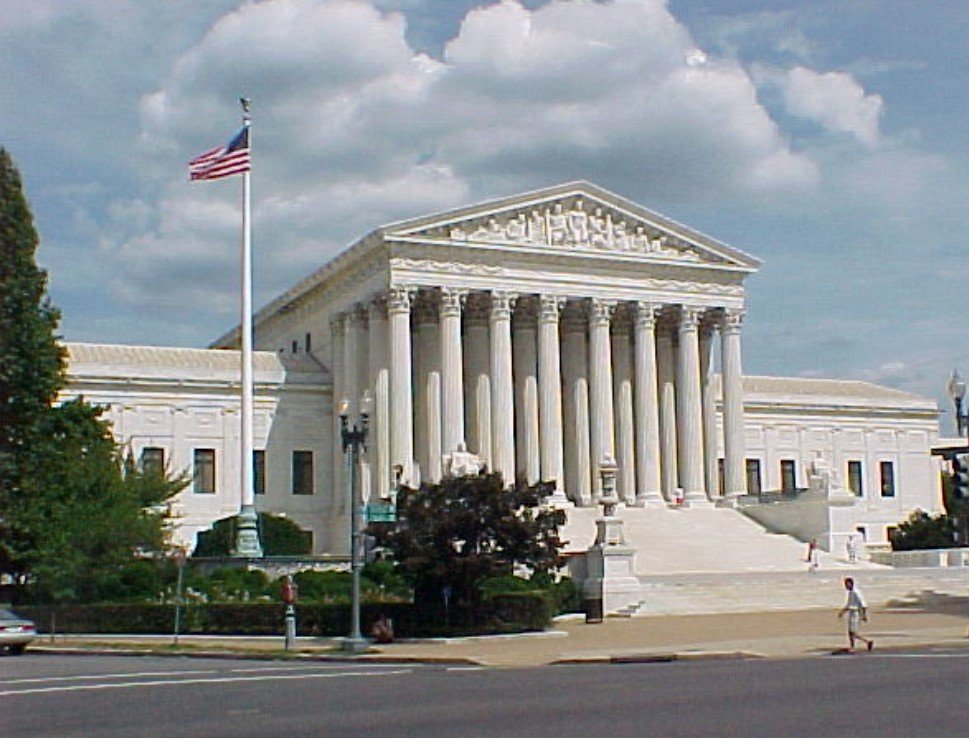In a pivotal legal battle, the Supreme Court is set to hear arguments on whether a trucker dismissed for failing a drug test after using a hemp-based product can seek damages under the Racketeer Influenced and Corrupt Organizations Act (RICO). This case not only challenges the traditional boundaries of RICO but also has significant implications for the marijuana industry and employment law.
Case Overview and Legal Battle
Douglas Horn, a seasoned truck driver with 14 years of experience, found himself unemployed after testing positive for cannabis during a random drug screening. Horn attributes the positive test to Dixie X, a hemp supplement advertised as containing 0% THC. Believing the product to be compliant with federal guidelines, Horn used it to manage chronic pain from a car accident, dissatisfied with prescription medications.
- Key Players:
- Plaintiff: Douglas Horn
- Defendants: Red Dice Holdings LLC, Medical Marijuana Inc., Dixie Holdings LLC
- Product in Question: Dixie X hemp-based supplement
Horn filed a lawsuit claiming breach of warranty and unlawful business practices, arguing that Dixie X was misleading in its advertising. While lower courts dismissed most of his claims, the 2nd U.S. Circuit Court of Appeals allowed his RICO-related civil liability charge to proceed, stating that his lost wages could fall under the scope of the act. The marijuana companies have now escalated the matter to the Supreme Court, challenging the applicability of RICO to personal injury claims.
“It completely flips the statute on its head,” stated Lisa Blatt, attorney for the marijuana firms, emphasizing that RICO was never intended for such personal grievances.

RICO’s Traditional Scope vs. Personal Injury Claims
RICO was originally designed to combat organized crime by targeting racketeering activities and providing mechanisms for both civil and criminal penalties against those involved in ongoing criminal enterprises. Its application has traditionally been reserved for cases involving patterns of criminal behavior, such as drug trafficking rings, mafia activities, and other organized illegal operations.
RICO Act Essentials:
- Purpose: Combat organized crime and racketeering
- Applications: Criminal prosecutions and civil lawsuits against individuals or organizations involved in patterns of illegal activity
- Typical Cases: Mafia involvement, drug trafficking, fraud schemes
The central question before the Supreme Court is whether RICO can extend to personal injury cases like Horn’s, where the alleged harm stems from a consumer product rather than organized criminal activities. Justice Ketanji Brown Jackson highlighted the complexity of the case, noting, “He is not saying the product itself harmed him in any way. He voluntarily took the product.”
Implications for the Marijuana Industry
A ruling in favor of Horn could set a precedent that allows individuals to sue marijuana companies under RICO for personal injuries and economic losses, potentially broadening the scope of RICO significantly. This could lead to increased litigation within the cannabis sector, affecting how products are marketed and ensuring greater transparency and accountability.
- Potential Outcomes:
- Expansion of RICO’s applicability to personal injury claims
- Increased legal scrutiny on marijuana product labeling and advertising
- Greater protection for consumers using hemp-based supplements
Easha Anand, Horn’s attorney, argues that his client’s loss of livelihood is a direct consequence of the alleged misrepresentation by the companies. “We think being fired is a classic injury to business. You can no longer carry out your livelihood,” she stated, emphasizing the economic impact of the dismissal on Horn’s life.
Judicial Perspectives and Legal Precedents
Justice Samuel A. Alito Jr. commented on the challenges of applying RICO to this case, describing it as a “tough thing to deal with.” The justices are deliberating on whether the connection between the product use and the job loss constitutes the kind of racketeering activity RICO aims to address.
Key Considerations:
- Intent and Pattern: Whether the use of Dixie X constitutes part of a larger pattern of misconduct by the companies
- Causation: Establishing a direct link between product use and employment termination
- Legal Precedents: Comparing similar cases where RICO was applied outside traditional organized crime contexts
The diverse opinions among the justices reflect the broader debate on the flexibility of RICO in addressing modern legal challenges, especially those intersecting with emerging industries like cannabis.
Future Outlook and Expected Ruling
The Supreme Court is expected to deliver its ruling by the end of June, a decision that will have far-reaching consequences for both the marijuana industry and employment law. A ruling in favor of Horn could empower employees to seek RICO claims in cases of wrongful termination linked to product use, while a decision against could reinforce the traditional boundaries of RICO’s application.
As stakeholders await the decision, the case underscores the evolving landscape of cannabis regulation and the legal responsibilities of companies within this burgeoning market.
Jane Smith is a seasoned article writer specializing in cannabis-related content. With a keen focus on the latest trends, research, and developments in the cannabis industry, she brings a fresh perspective to her writing. Jane’s insightful articles delve into the medicinal benefits, legalization efforts, and evolving culture surrounding cannabis. Her engaging storytelling and informative approach make her a trusted source for readers seeking accurate and up-to-date information on all things cannabis.








